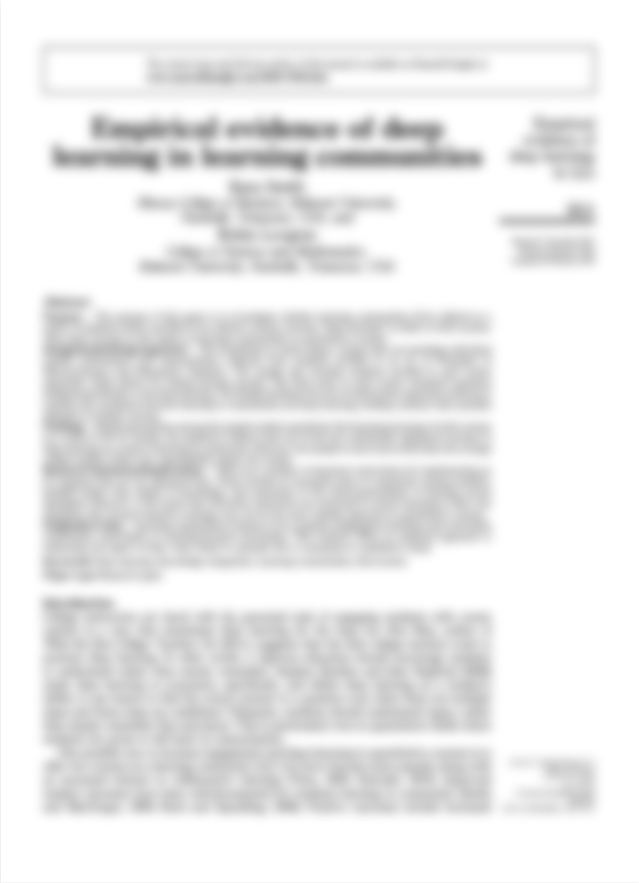Leisure and the Arts: Portman's Hotel: Assault on a Mythic Center?
By MICHAEL SORKIN.
Wall Street Journal (1923-); New York, N.Y.. 22 Jan 1982: 31.
You might have access to the full article...
Try and log in through your library or institution to see if they have access to the full text.






